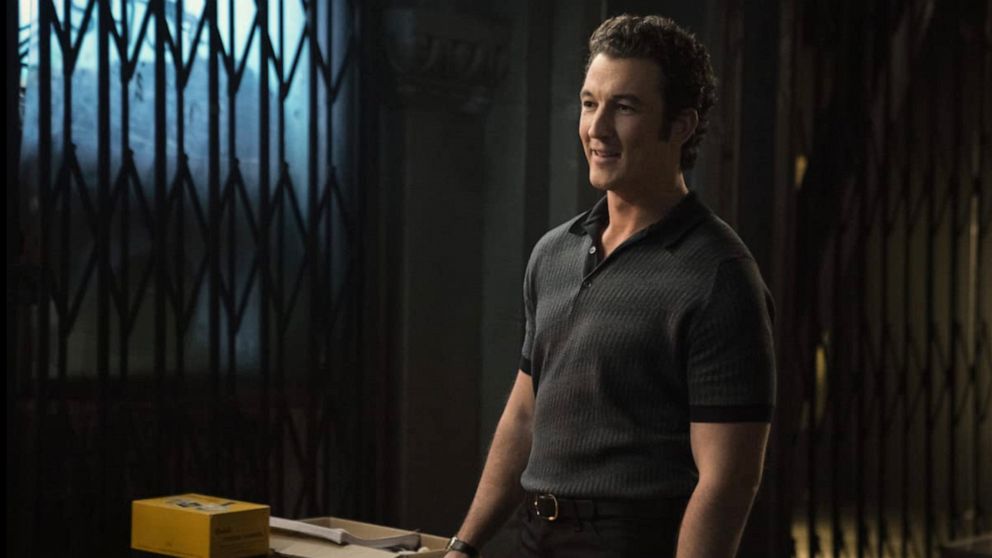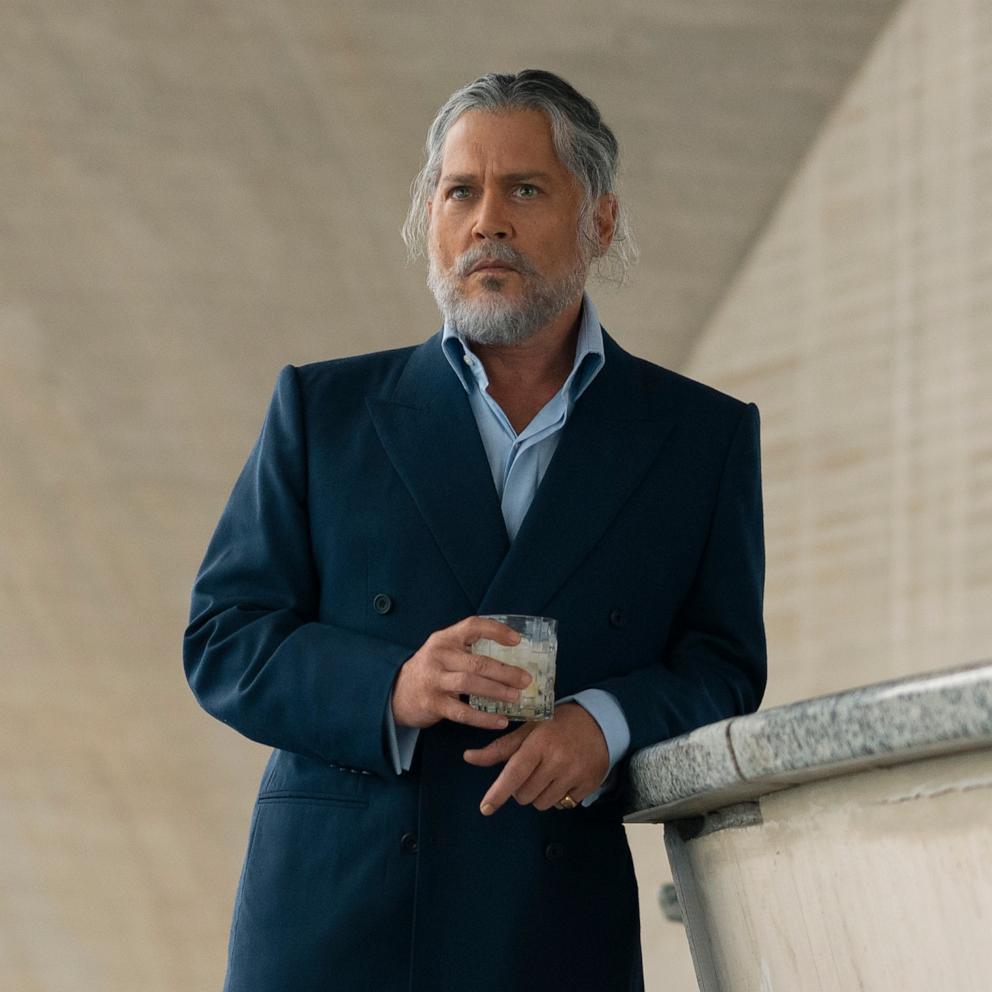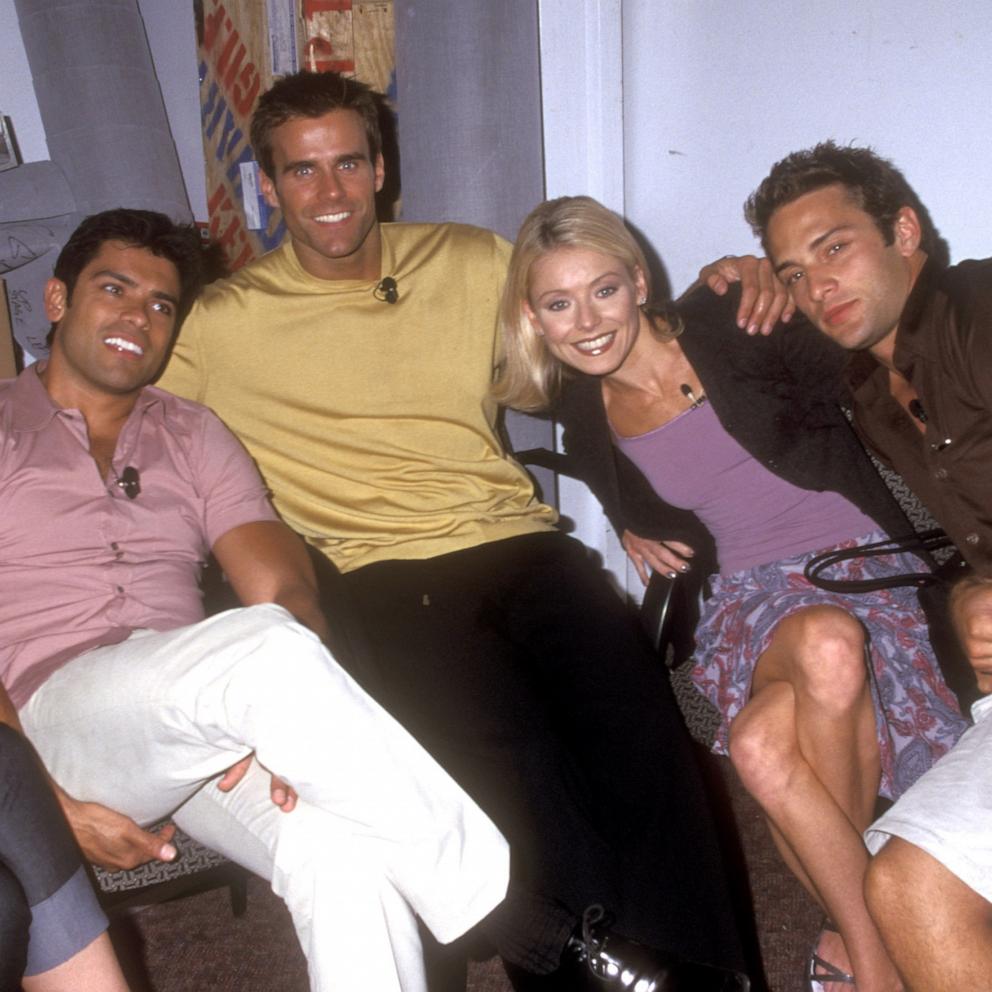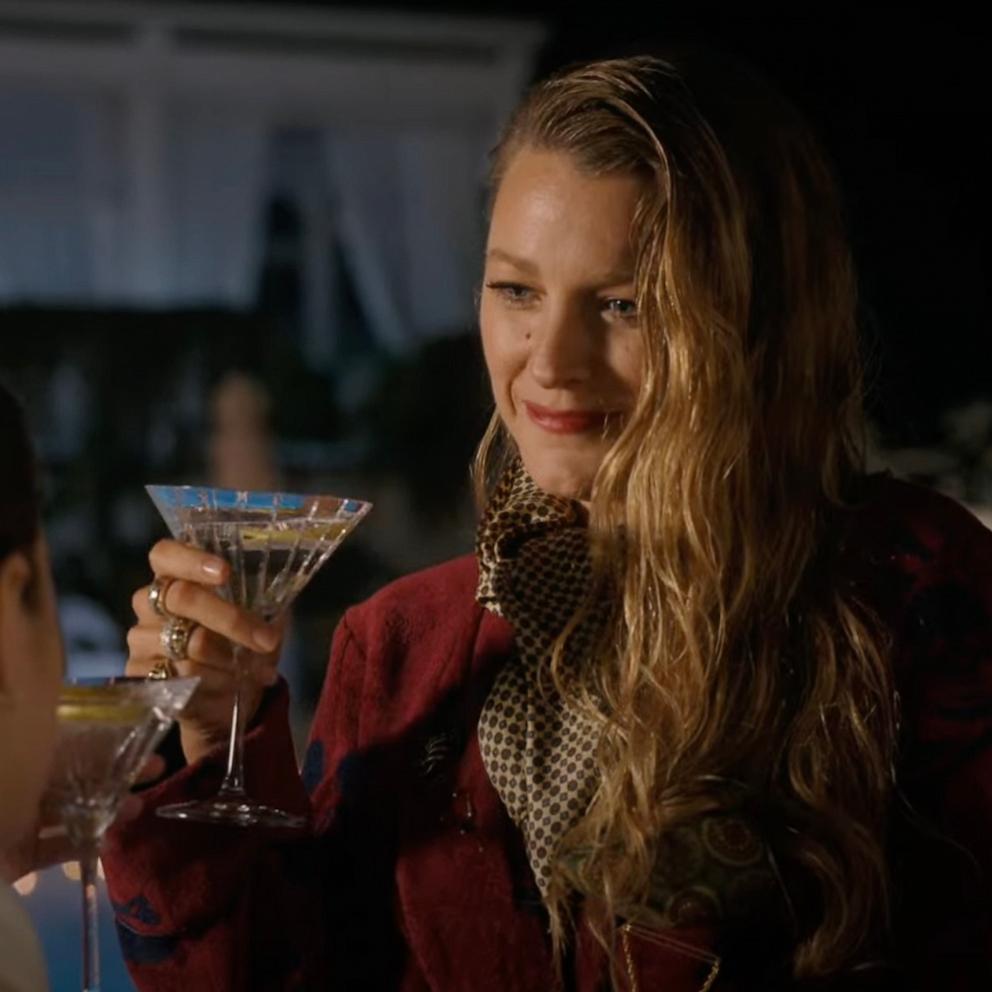Review: Miles Teller excels in 'The Offer'
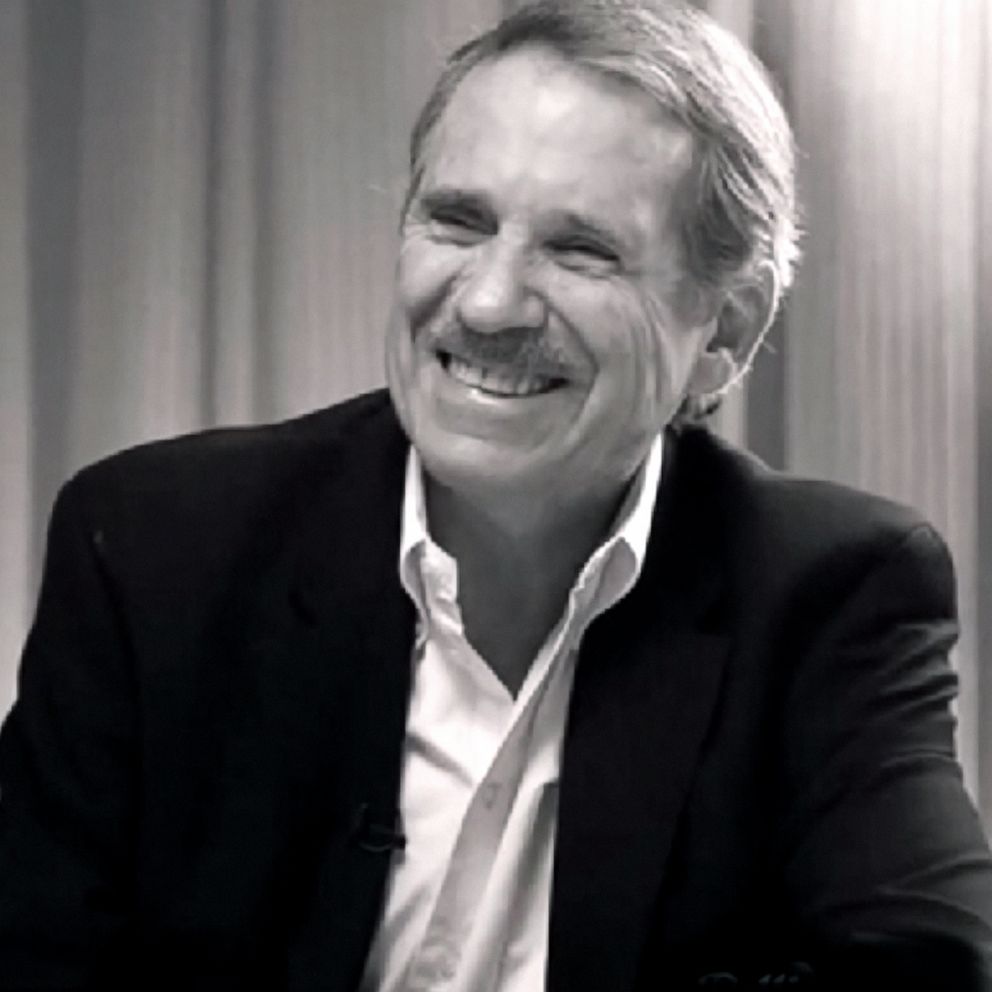
Can a series about the making of an indisputably great movie -- 1972's "The Godfather" -- still pin you to your seat despite enough faults in acting, writing and direction to make you cringe? When it comes to "The Offer," now streaming on Paramount+, the answer is "maybe."
This 10-part series (yup, that's 10 hours) focuses on Albert S. Ruddy, the sole producer on "The Godfather" whose best known credit till then was "Hogan's Heroes," a TV sitcom about POWs in a Nazi prison camp. Miles Teller ("Whiplash") excels as Ruddy, a role once intended for Armie Hammer before the actor was sidelined by accusations of misconduct and cannibalism.
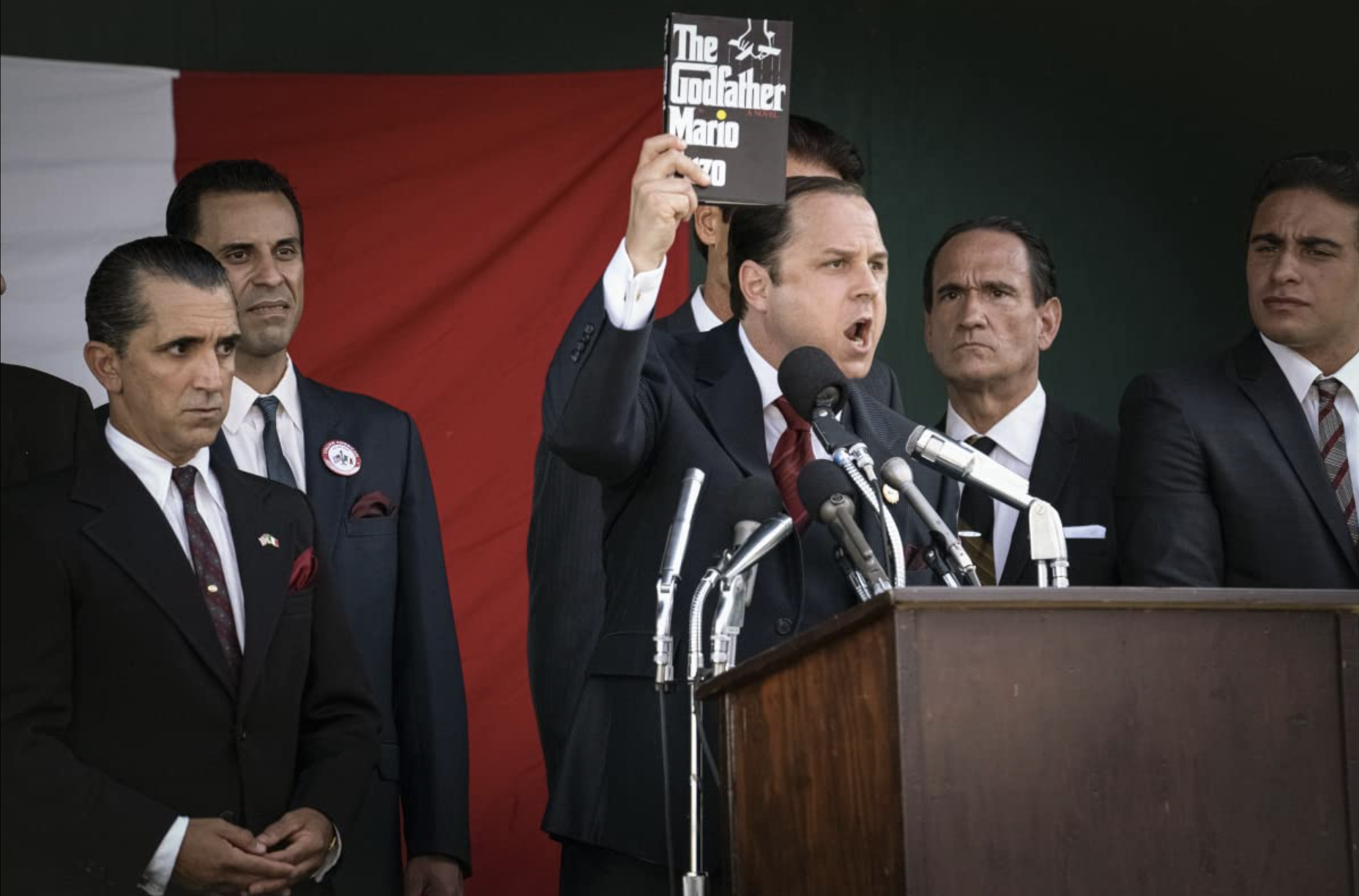
Ruddy is the ringmaster for a revolving cast of vivid characters, including stars Marlon Brando (Justin Chambers) and Al Pacino (Anthony Ippolito) -- two mega-talents played by cardboard cutout impersonators in the roles of the Godfather and the son who wants out of the mob.
Matthew Goode is more than good; he's a live wire as Robert Evans, the slick studio chief who wanted to fire Brando for being box-office poison and for stuffing his cheeks with cotton to play Don Vito Corleone. Pacino was also on the firing line for being too short and uncharismatic to play the Godfather's youngest son. In both cases, Evans was spectacularly wrong.
Goode is especially effective at nailing Evans' mannerisms and Hollywood playboy charm that let him talk his way past Charlie Bluhdorn (Burn Gorman), the skinflint-in-chief behind Paramount's corporate parent Gulf + Western, who feared "The Godfather" would bomb.
Neither Evans nor Bluhdorn trusted young director Francis Ford Coppola (Dan Fogler) who wanted to make a three-hour art film about the broken family of corporate America out of a bestseller by Mario Puzo (Patrick Gallo). Puzo and Coppola collaborated on the script between comparing recipes about tomato sauce -- an amusing detail that found its way into the film.
With the help of his assistant Bettye McCartt (Juno Temple of "Ted Lasso"), Ruddy had to dodge the mafia, which found the book an insult to Italian Americans. Frank Sinatra (Frank John Hughes) so hated the character of Johnny Fontane -- a singer with ties to the mob -- that Ruddy had to break up a fight between Sinatra and Puzo at an LA restaurant.
Ruddy also made concessions to Joe Columbo (an entertainingly hammy Giovanni Ribisi), head of the Colombo crime family and the Italian American Civil Rights League. He gave Colombo script approval, which the studio disavowed, and guaranteed that the word "mafia" would never be uttered on screen. It wasn't.
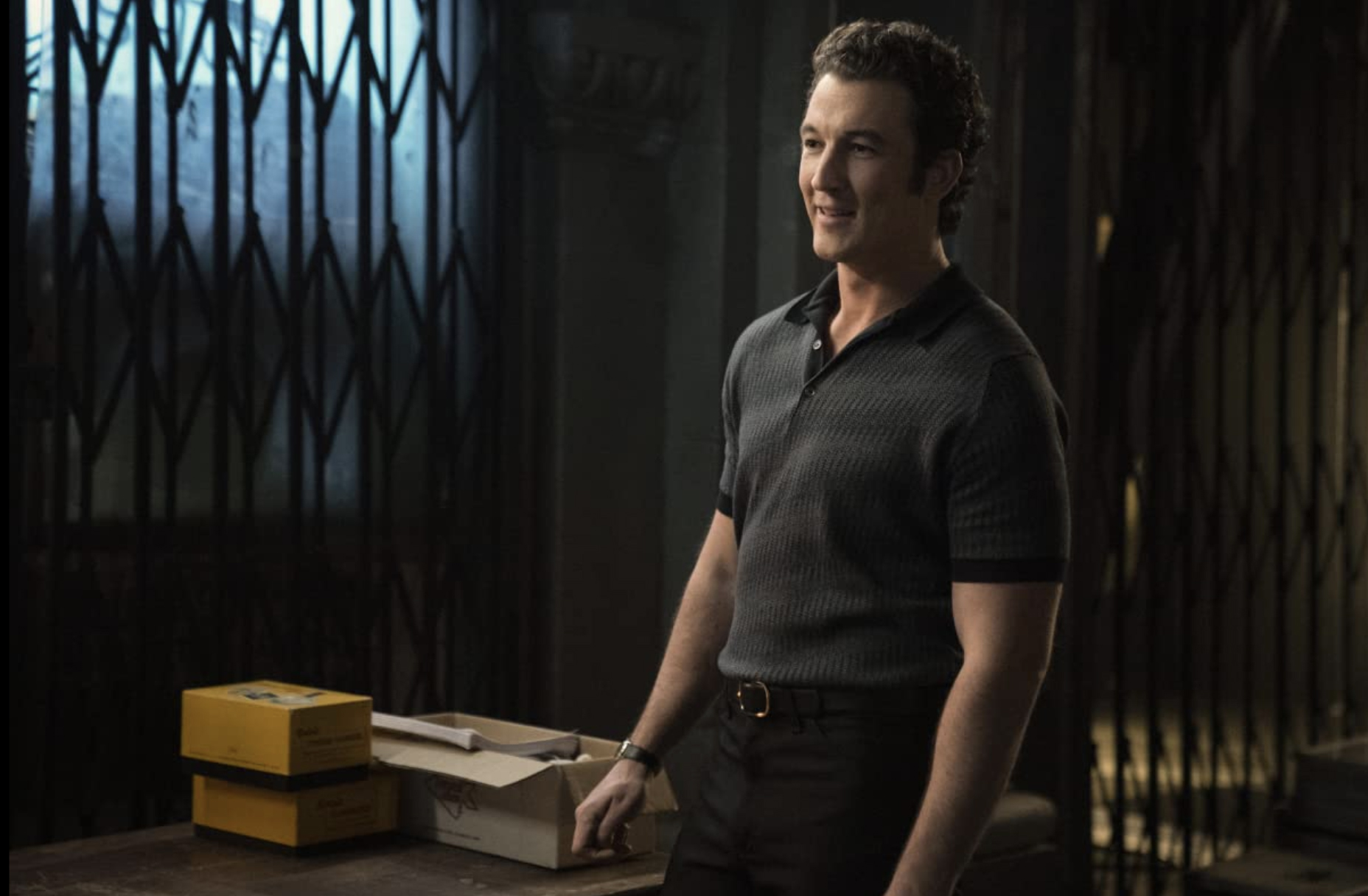
So far so truthful and enough to make a hell of a series for "Godfather" enthusiasts everywhere. But truth is an early casualty in "The Offer," which by many accounts moves mob interference in the making of "The Godfather" into the realm of pulp fiction.
Peter Bart, who worked with Evans on the film, does not recall any physical violence being exerted on the filmmakers. And he's backed up by other participants on the movie. Bullets? Car bombs? Death threats? "None of this was happening," according to Gary Frederickson, the production deputy in charge of locations and budgeting.
But Ruddy, now 92, sees it differently. And "The Offer" is his story, as filtered through showrunner Michael Tolkien, who wrote "The Player," the ultimate satire of Hollywood hyperbole and its willingness to sacrifice facts for salable fantasy.
Whether you do or don't believe Ruddy's version of how "The Godfather" was created, "The Offer" feels more tossed off than artfully assembled by Dexter Fletcher ("Bohemian Rhapsody") and the other directors on the series. And the pacing defines uneven.
Yet some scenes come through strikingly, as when Ruddy sneaks a pre-release print of "The Godfather" to show to the mob families. The camera avoids showing scenes from the movie to concentrate on the faces of the audience, rapt at seeing themselves portrayed as a family, however dysfunctional and dangerous. Says one, "I think it's the best movie I've ever seen."
He may be right. If this flawed but fascinating series does nothing more than send you back to "The Godfather" to see why this Oscar-winning blockbuster -- a triumph of art and commerce -- still endures as a classic after 50 years then "The Offer" is truly one you can't refuse.
